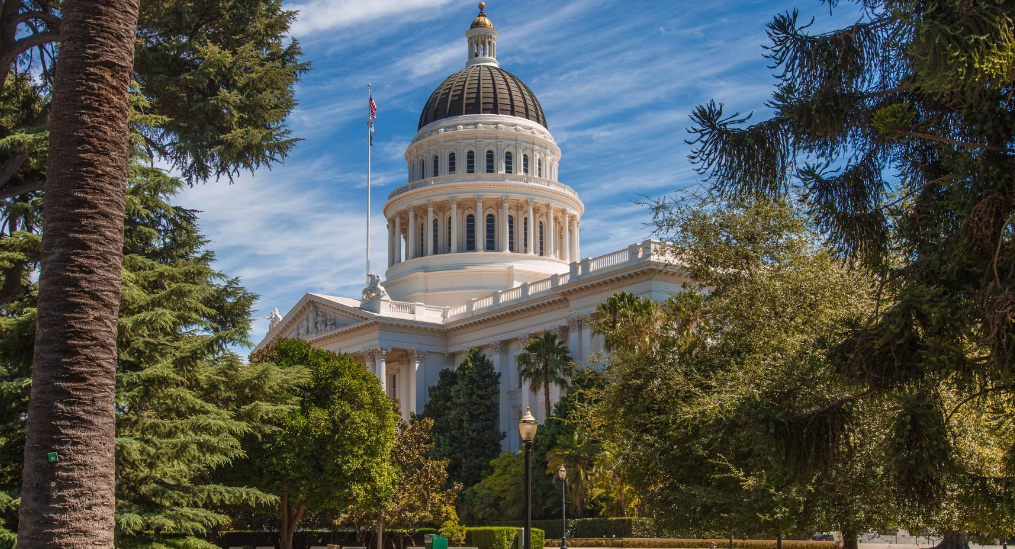
This week, Governor Gavin Newsom signed AB 890 (Wood), which creates a pathway for nurse practitioners (NPs) to practice without physician supervision. Despite an outstanding effort by CAFP’s Government Relations team and family physicians throughout the state, the Legislature passed the bill in the final minutes of session. CAFP remains concerned that the new law lacks sufficient patient safety guardrails and ignores access to care concerns. This bill will now undergo a regulator process in which care standards and education requirements will be determined. CAFP has already begun the process to fight to ensure those standards and requirements are stringent enough to protect patients and, to the extent possible, limit the creation of two tiers of care.
Aside from the serious health and fiscal consequences create by COVID-19, the pandemic also wreaked havoc on the Legislative Session – multiple legislators tested positive for the virus, the halls of the capital were closed to the public, virtual committee hearings were held, and remote voting was allowed in the State Senate. The pandemic also led legislators to change previous policy positions, leading to unexpected legislative outcomes. One of the biggest examples of this is AB 890. Some think the bill could change health care market dynamics across the state and create a two tired system of care. Others think very little will change. One change may be increased health care costs. As the experience of major health systems have shown, NPs prescribe and refer more than primary care physicians, driving up costs. Some fear that NP independent practice could lead to a further shortage of primary care physicians or change the nature of what services family physicians provide. Many worry that the insufficient training and oversight requirements for NPs to practice medicine will compromise the care patients receive.
Throughout committee hearings and floor sessions, CAFP focused its arguments against the bill on the lack of ongoing competency training in the bill, as well as its lack of provisions to require or even create incentives to increase care in rural and underserved areas. While the legislation was amended to delay implementation until January 2023, and added guidance on oversight, minimum qualifications, and physician collaboration AB 890 still falls woefully short of meeting CAFP’s Principles on the Independent Practice of Medicine by Nurse Practitioners.
While oversight of NPs will continue to be the responsibility of the Nursing Board, the bill creates a Nurse Practitioner Advisory Committee consisting of four NPs, two physicians, and one member of the public. The Committee will advise and make recommendations on all matters relating to NPs, including, but not limited to, education, standards of care, and disciplinary action against an NP.
An NP could practice independently if they meet all of the following criteria:
Online educational programs that do not include mandatory clinical hours will not meet these requirements.
An NP must establish a plan for referral of complex medical cases and emergencies to a physician or other appropriate health professional. Physician consultation specifically must be obtained when:
The next step in this process is the Nursing Board creating regulations governing how an NP becomes independent and how an independent NPs can practice. There will need to be considerable work done around defining what is included in the required “Transition to Practice” program. CAFP has already begun the process of gathering with interested stakeholders to direct our regulatory advocacy to address the issues not solved in AB 890, particularly requiring ongoing competency training similar to that which physicians must undergo to practice medicine independently.